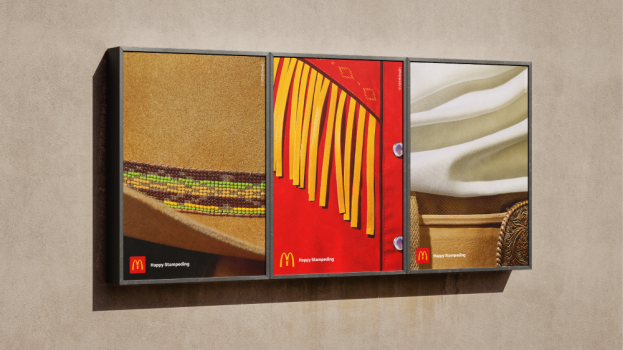
Fresh and frozen foods are poised to benefit from perceptions that meat price hikes are too steep.
According to a survey of 3,126 consumers by insights firm Caddle, 92% of consumers say food is more expensive than it was three months ago, with 80% of Canadians saying meat is the most effected category, and 61% of Canadians reducing meat consumption because of higher prices.
Also in the report, 51% of respondents said they are buying more produce as compared to last year due to perceptions of increasing meat prices.
While chicken sticker shock images have gone viral, in reality, it’s baked goods, vegetables and dairy that are seeing the biggest price spikes, according to Caddle analysis.

“The meat counter is seen as a very very expensive place,” says Sylvain Charlebois, researcher and professor at Dalhousie University, but he adds that meat price hikes are “a non-story in the grand scheme of things” at 6% versus, for example, fish at 8.3%.
According to Charlebois, consumer psyches are often swayed by the fact that they have to face an often confusing array of some 20,000 different products.
Therefore, Charlebois says label clarity is key. “You may want to showcase the value of the product,” he says.

Dairy is getting more expensive, and ingredients are costing more. That could push people even more towards produce in the short and intermediate term, Charlebois notes.
It’s not just fresh that is benefiting from perceptions around the price of meat products. Consumers are also increasingly turning to the frozen section, where there is perceived value.
The Nestle exit from the frozen section, taking brands like Delissio with it, is “clearly an opportunity for Canadian manufacturers,” Charlebois says, as there will be gaps in the freezer aisle.
Also, private label continues to be popular: 58.2% of Canadians are buying more store brands and private labels items, thanks to out of stock and demand issues forcing people to trial new products. There’s an amazing “super cluster of innovation” of novel products in the private label space, and price conscious Canadians are increasingly reconsidering their options.
“Even with store conversions, the architecture of industry is accommodating more private label,” Charlebois says, referring to that fact that 16 Provigos in Quebec are changing to discount banner Maxi to sell more private label.























